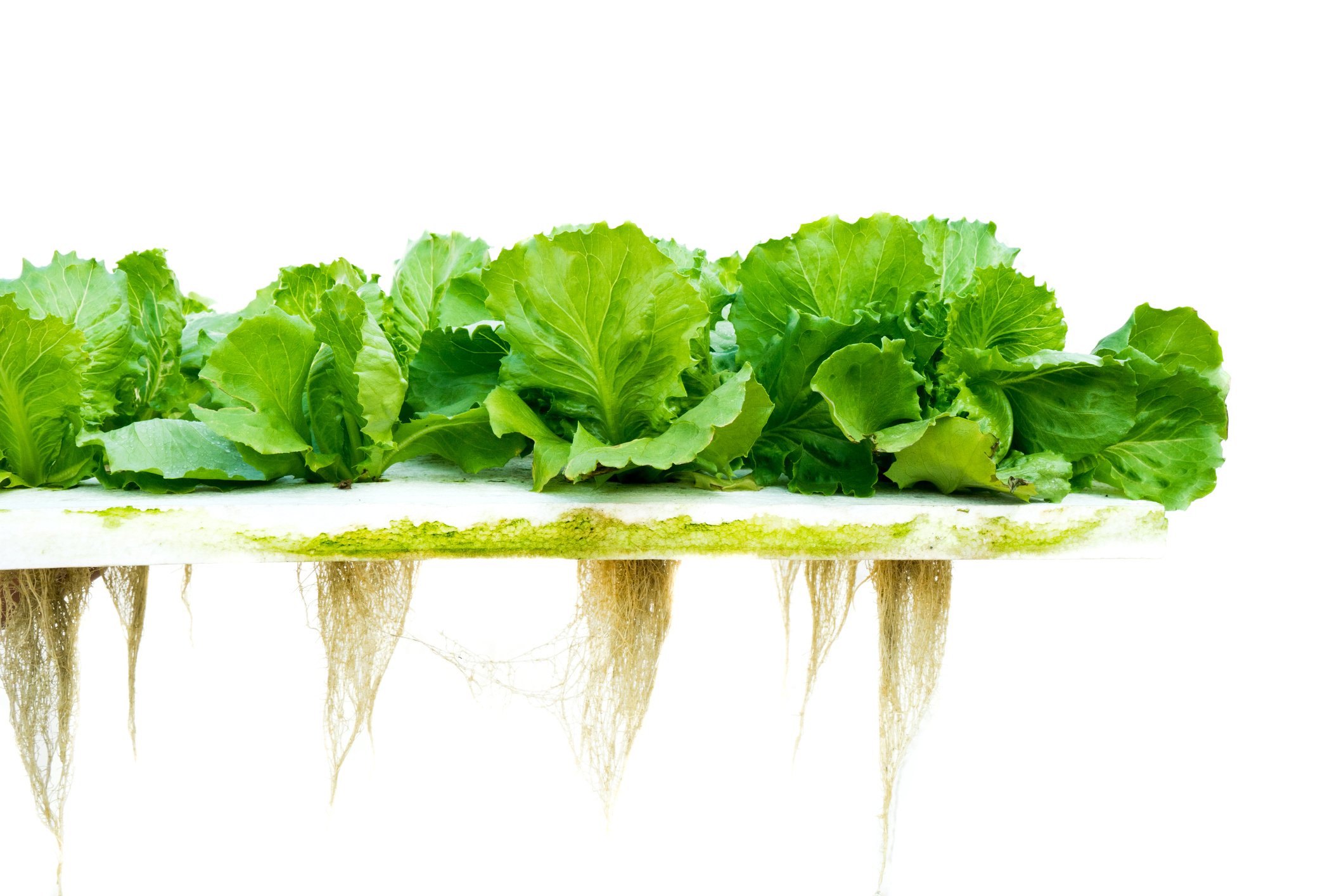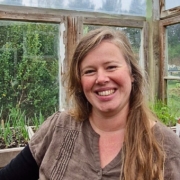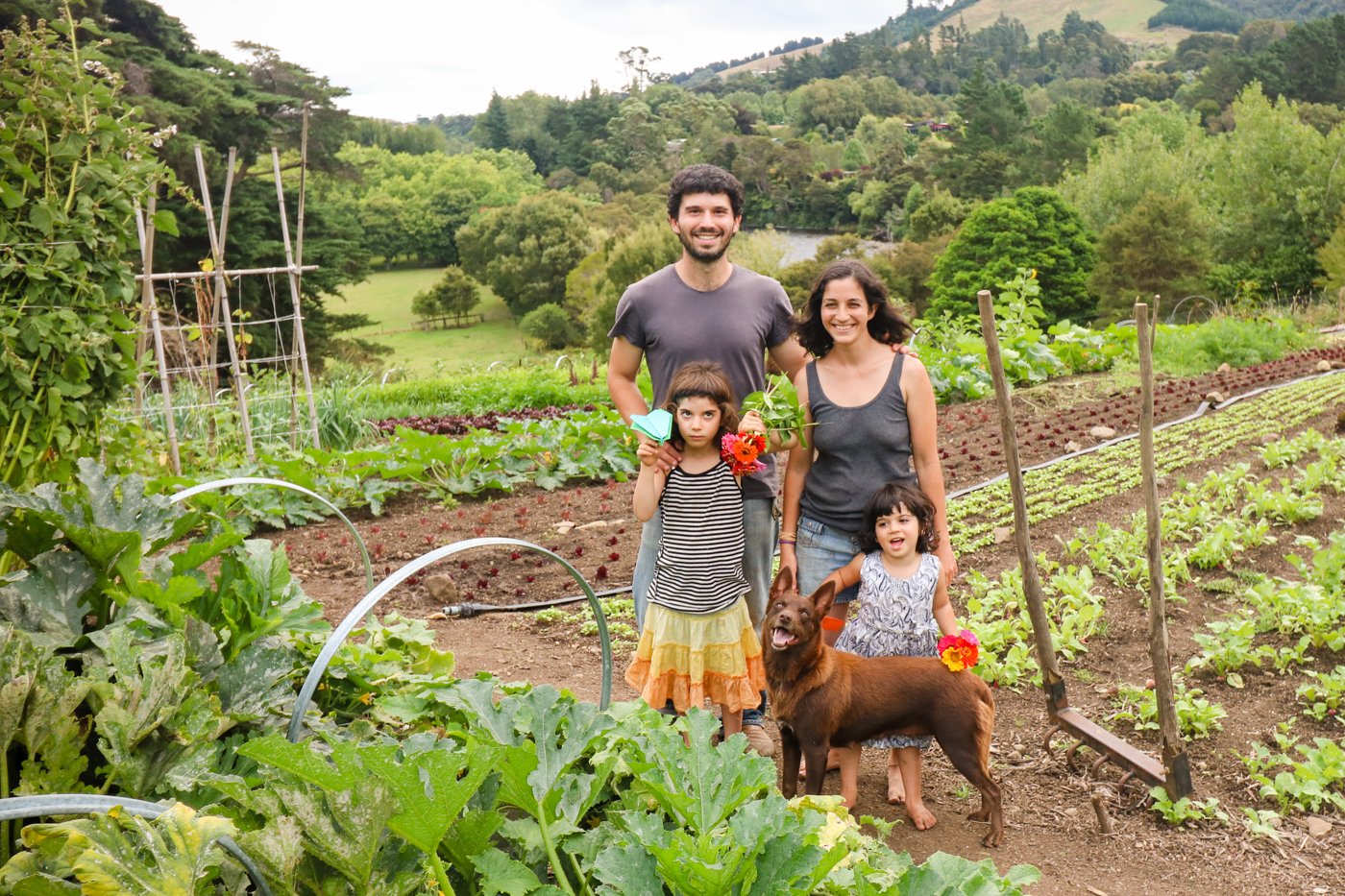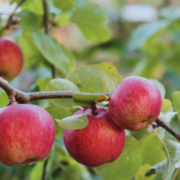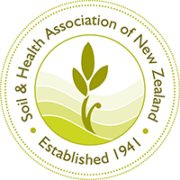Hydroponics: can it count as organic?
Ahead of the government passing the Organic Products Bill, the Soil & Health Association’s former general manager Pete Huggins talks dirt and water with horticulturists.
We hope you enjoy this free article from OrganicNZ. Join us for access to exclusive members-only content.
When this magazine was launched in 1942 it was called Compost Club Magazine. Many are attached to the name – and for good reason. Regenerating soils with organic matter and protecting their fertility for future generations remains a core value for many of you, as well as for us, and for the publisher of Organic NZ – the Soil & Health Association.
Today, the importance of soils is headline news – for food security, for biodiversity and for carbon sequestration.
Soil fertility is a core value of organics and this commitment is shared with the wider concept of regenerative agriculture, which organics is part of.
But some would have it a different way, and want to see organics embrace other growing mediums including hydroponics. And in the USA, a long-running court case is being fought over the inclusion of hydroponics under the umbrella of organics.
What’s the deal with hydroponics?
Hydroponic systems don’t use soil at all. Instead, they use a solution of nutrients to grow crops like lettuces or berry fruit. This can be good for water conservation, and can be energy efficient, but undoubtedly there’s no soil involved, so you can’t improve its fertility.
But among those calling for a rethink is retired New Zealand academic Dr Mike Nichols. Mike is an Honorary Member of the International Society for Horticultural Science, and in 2015 was presented with a lifetime achievement award by Vegetables New Zealand. He was one of the first to grow strawberries and blueberries hydroponically in New Zealand. Mike says organics needs to evolve, especially in light of climate change.
“Hydroponics did not exist when organics was founded. Decisions were made that because hydroponics used only inorganic fertilisers it should be excluded. But organic hydroponics systems using organically derived nutrients overcome this objection.”
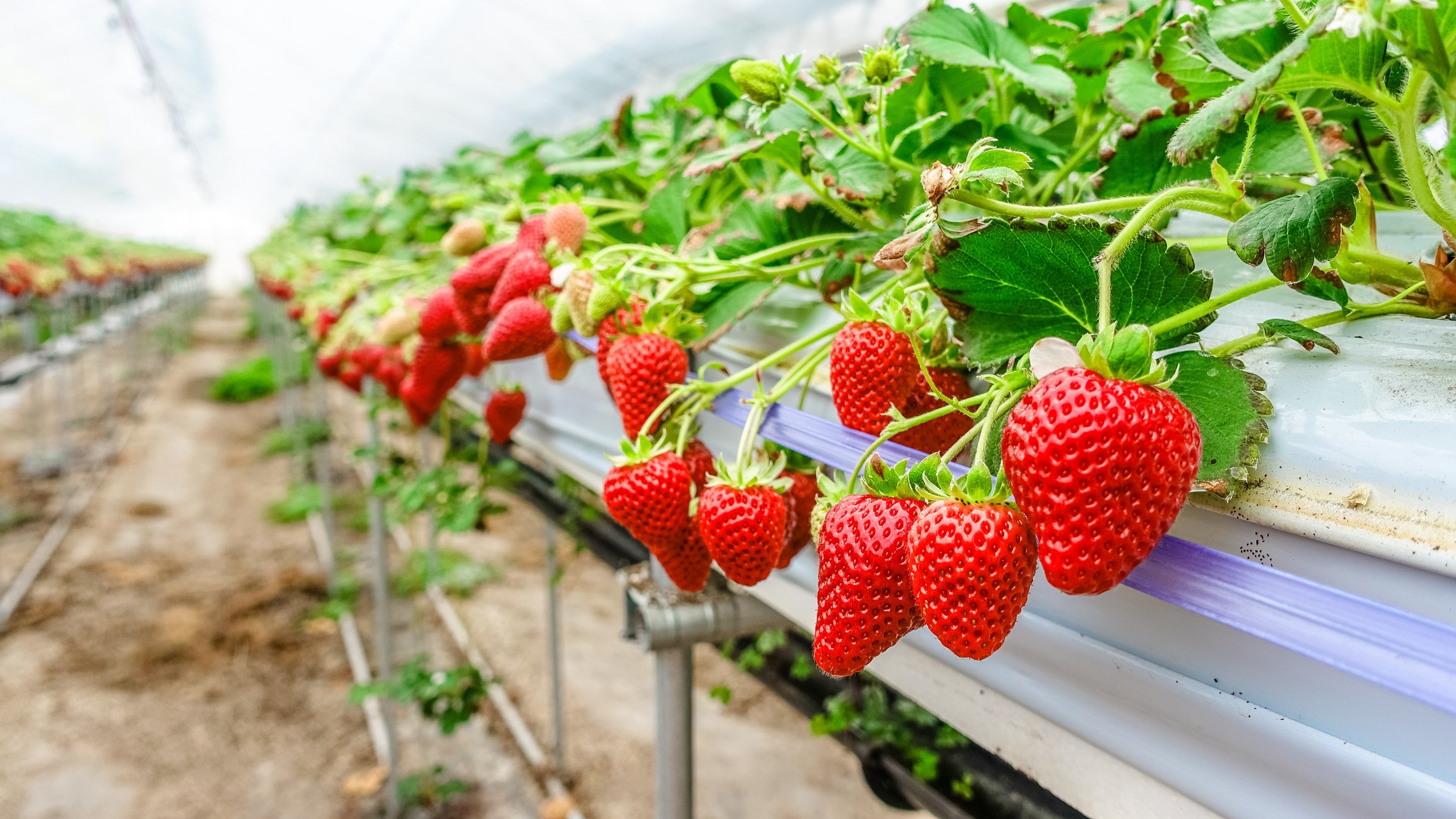
Defining organics matters
Later this year, the New Zealand government is expected to pass the Organic Products Bill. This bill will establish a government-backed organic standard. For the first time, we’ll have a legal framework around the term organic in Aotearoa.
This is really important, for a number of reasons. Firstly, our international trade partners are getting serious about organics and we need to keep up. The EU plans to have a quarter of their agricultural land area using certified-organic production methods by 2030 (in case you wondered, European crops that are grown hydroponically cannot be labelled as organic). Japan recently threatened to raise trade barriers against New Zealand in response to glyphosate residues in our honey exports. Even the US government is subsidising farm conversions to organics.
Our export dollars aren’t the only reason we need a strong legal standard for organics. More important is the issue of trust. Organics is about trust in where your food comes from. Organic consumers will tell you they want their food grown in a way that protects nature. They want pesticide-free, GE-free, high animal welfare standards, good employment conditions, and action on climate change. Without a rigorous standard, you can’t trust your food. If we get this wrong in New Zealand, we will lose that trust. And then all the trade deals in the world can’t save us. Certified-organic food in New Zealand is reliable, but at the moment there’s nothing stopping someone using the name falsely. That’s why it is so important to check for a certification label on what you buy.
Unfortunately, experience from the US shows us that legislating for the word “organic” can still go seriously wrong. The relevant US law is the Organic Foods Production Act, which contains a clause that organic production “shall contain provisions designed to foster soil fertility”. However, in 2019 the US government refused to crack down on organic certifiers who were approving the use of hydroponic systems. This is now the subject of expensive court appeals in the US.
Dr Nichols thinks the US organic regulations are much more realistic for the twenty-first century by allowing hydroponics. He is worried the New Zealand standard might exclude hydroponics, thus making soil-based organics uncompetitive.
This worry is shared in a different way by the Real Organic Project, a US group established to reassert soil-based organic values in America. They say that real organic farmers in the US are struggling to compete in a dishonest marketplace. They believe that the inclusion of hydroponics is driven by the large industrial players, saying: “Big Ag ultimately won, allowing the . . . hydroponic industries to bend the rules for their own benefit.”
Bringing it back to soil
Soil-based agriculture is also a central value behind regenerative agriculture (regen ag) which has attracted serious attention in recent years. But Dr Nichols makes the point that regenerative agriculture by itself isn’t enough to deliver healthy food: “The concept of regenerative agriculture is good, if it means reducing the use of agricultural chemicals and of cultivation. But if it means not supplying minerals, which may not be present in the soil, and ‘hoping’ that the bed rock (or the soil) will supply them, then it is away with the fairies. Nitrogen is the only element that can be imported into the soil naturally.” The addition of organic fertiliser (certified-organic inputs for organic farming) are the answer to this constraint in any farm system, whether hydroponic or not.
None of the current organic certifiers in New Zealand allow hydroponics and have no plans to do so. BioGro
chief executive Donald Nordeng was unequivocal, saying, “There is no such thing as organic hydroponics, so we don’t certify any.”
This stands us in good stead when it comes to our own legislation. Organic leaders in Aotearoa are focused on healthy soil and nature-based food systems. Hua Parakore, the indigenous verification and validation system created by Te Waka Kai Ora, the national Māori organics authority, is similarly soil-based.
So it seems unlikely that hydroponics can fit under the umbrella of organics in Aotearoa. The Ministry of Primary Industries is currently working with sector leaders to reach agreement around the organic standard. Ultimately, it is ministers that will decide. MPI told Organic NZ that they are listening to what the sector says on a range of topics, including what should be in or out of the scope of the standard. MPI will be writing up the proposals that have come out (including where the sector has agreed to disagree). The debate will continue well into next year.
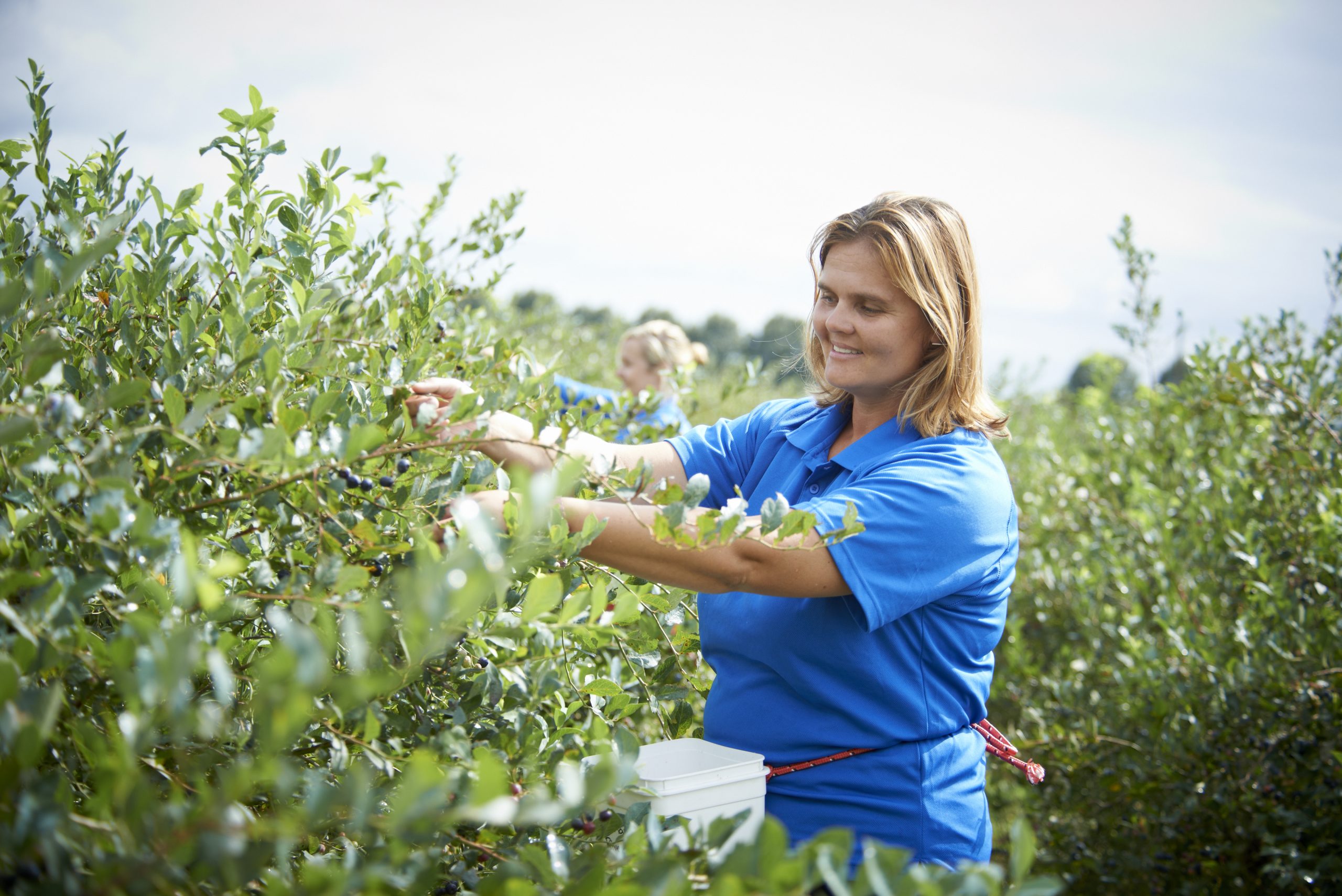
An organic grower’s perspective
Marco de Groot is the general manager of Monavale Blueberries in Cambridge, which has been BioGro-certified since 1993. Here’s his perspective on hydroponics.
Ideally, organic growers need to choose a location best suited for growing a particular crop, which includes soil type and climate. Emphasis should be on feeding soil biology, which in turns break down organic matter into nutrients; creating humus rich in microbiological activity; and maintaining a diverse sward, which aids in providing nutrients and as habitat for beneficial insects. If this is carried out successfully over a period of years, then this system produces an improved biological cycle and provides more resilience to adverse effects such a droughts, pests and diseases. The ultimate goal is to achieve a high-brix environment and to create the best-tasting product that is high in nutrition and antioxidants, with a longer shelf life.
Hydroponics and non-soil substrate fertigation systems rely on synthetically derived inputs and non-organic mediums, which are often imported from overseas, and for the reasons explained above do not align themselves with “traditional” and industry-accepted organic management practices. These systems tend to be used by conventional growers with unsuitable soil and challenging climatic conditions. It has a direct economic advantage to the grower as crops often are produced within a year rather than several years in the case of blueberries grown conventionally or organically in soil-field conditions.
Both hydroponic and non-soil substrate fertigation systems force feed plants to create fast growing large plants, and fruit, require relatively high-energy inputs systems, and often lack a fully balanced nutritional complement.
These systems do have a part to play in food security but these are systems are not organic!

